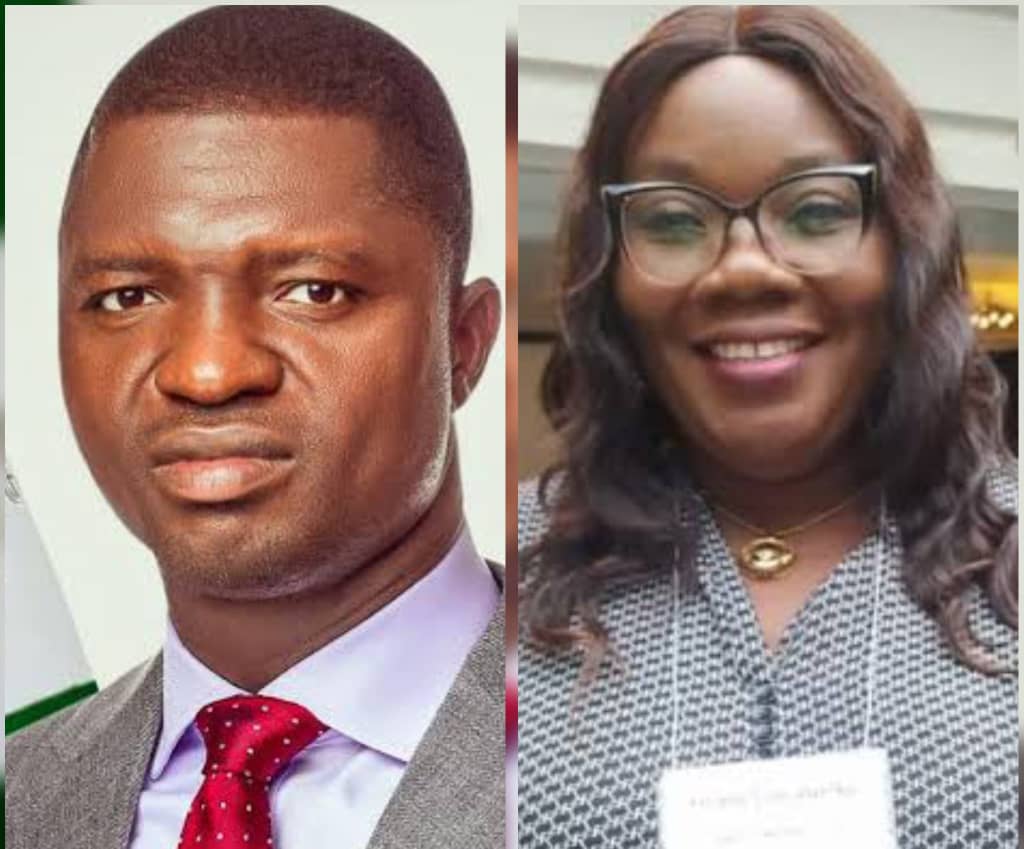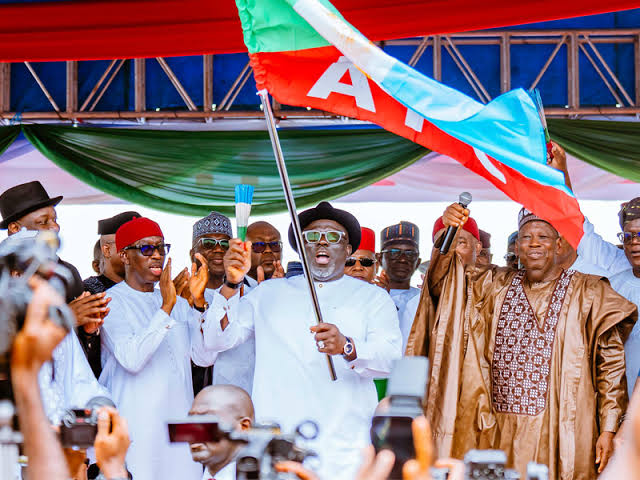The Bayelsa West Unity Forum (BWUF) has formally expressed appreciation to a group of All Progressives Congress (APC) stakeholders in Sagbama Local Government Area for what it described as an outstanding and timely empowerment initiative. The programme, led by Hon. Francis Kolokolo, Hon. Yekini Nabena, Hon. Ekadi Patrick, and the Michael Olomu Foundation, has been hailed as a rare show of community-focused leadership in the face of widespread economic hardship.
The empowerment drive, which targeted constituents across the Sagbama LGA, involved the distribution of a wide range of economic support items aimed at boosting small-scale businesses and agriculture. According to the BWUF, the initiative provided four buses, 14 tricycles, 22 motorcycles, 10 sewing machines, 20 grinding machines, 21 Sumec generators, 20 deep freezers, and 11 motorised spraying machines for farmers.
The Forum emphasized that the impact of this intervention goes beyond the material value of the items. In a public statement signed by its President, Hon. Romeo Richman, the group praised the beneficiaries of the gesture and highlighted the broader implications for community welfare.
“This rare gesture, coming from individuals who currently hold no public office, has not only shocked the people positively but has proven that impactful leadership is not about position, but about vision and compassion,” the statement read.
Hon. Richman further noted that the initiative demonstrates a deep sense of responsibility and empathy towards the needs of ordinary citizens, particularly during a time when the cost of living and unemployment have placed enormous pressure on households throughout the country.
The Forum stated that the distributed items are expected to significantly enhance the livelihoods of the recipients, many of whom rely on small businesses or subsistence farming for survival. With the inclusion of tools such as tricycles, motorcycles, sewing machines, and farming equipment, the empowerment initiative was designed to support a diverse range of economic activities.
Community members and local observers have also commended the fact that this support came from private citizens who are not currently occupying elective or appointed positions. According to the BWUF, this fact underlines the sincerity and personal commitment of the donors to grassroots development and poverty alleviation.
“This effort is not just commendable, it is exemplary,” the BWUF stated. “We call on other leaders, especially those currently in office, to take a cue from this initiative and demonstrate real concern for the wellbeing of their constituents.”
The Forum stressed that the political class must begin to view empowerment not merely as a campaign strategy but as a consistent obligation to the communities they represent. It encouraged more collaborations between civil society, political stakeholders, and philanthropic foundations to address the socio-economic challenges facing Bayelsa and other parts of the country.
The Forum also praised the coordination and transparency of the programme, noting that the distribution process was carried out in a manner that ensured fairness and broad coverage across the local government area.
Hon. Romeo Richman concluded the statement by offering prayers for continued success and guidance for the APC stakeholders and the Michael Olomu Foundation. He expressed hope that similar gestures would be replicated in other parts of Bayelsa West Senatorial District to further promote development and reduce poverty.
The Bayelsa West Unity Forum, which identifies itself as a non-partisan organization dedicated to unity, service, and progress, reaffirmed its commitment to supporting community-driven initiatives. The group said it would continue to advocate for responsible and impactful leadership at all levels.
As the economic situation in the country remains challenging, especially for those in rural and semi-urban areas, the empowerment programme in Sagbama has become a talking point across the state. It is seen as a practical example of how private citizens and political stakeholders can step in to bridge the gap where public institutions have struggled to deliver timely support.





